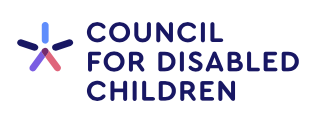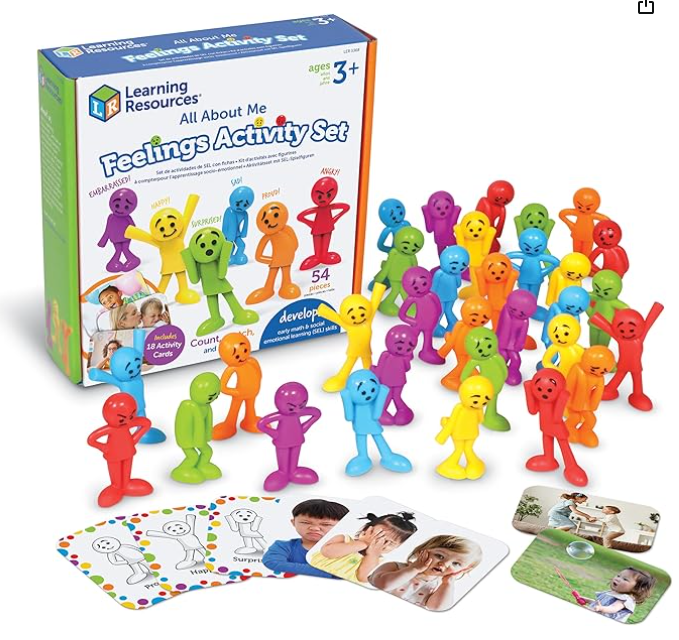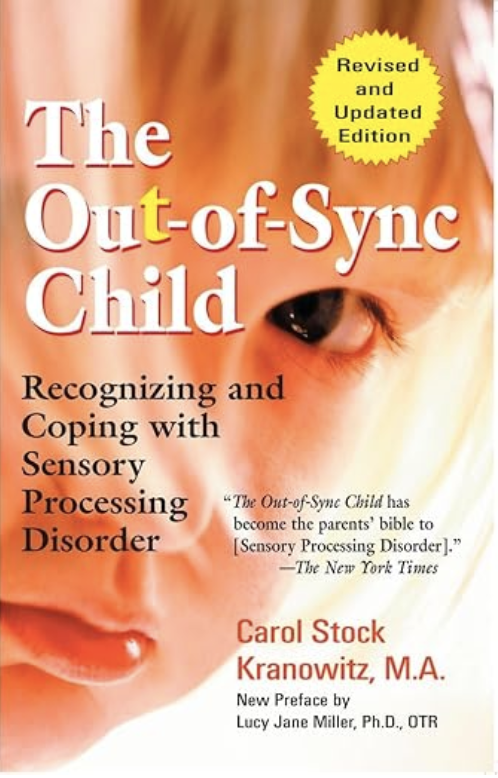let's celebrate being different challenging sterotypes embracing nuances
SEN (special educational needs)
Wouldn’t the world be so boring if we were all the same? We are all a little ‘autistic’ aren’t we? Did they always have it as they don’t look ‘special’ do to me?
How many times have I heard these well-meaning phrases over the years and had to bite my lip. The simple truth is that if you aren’t directly affected by someone with special needs in your life then you just don’t need to consider how it can change your whole world.
According to Gov.uk 1.6 million pupils in England now have special educational needs (SEN), an increase of 101,000 from 2023. This includes the number of pupils with an education, health and care (EHC) plan and the number of pupils with SEN support, both of which continue a trend of increases since 2016.
The percentage of pupils with an EHC plan has increased to 4.8%, from 4.3% in 2023.
The percentage of pupils with SEN (SEN support) but no EHC plan has increased to 13.6%, from 13.0% in 2023.
The most common type of need for those with an EHC plan is autistic spectrum disorder and for those with SEN support is speech, language and communication needs.
So with such increases in diagnosis comes a natural increase in demand for resources to support children on their journey, from healthcare to education. According to a Teacher Tapp survey commissioned by BBC Radio 5 Live, 28% of school leaders across the state sector said SEN funding was their top financial concern.And it’s breaking the system.
The National Audit Office highlighted the crisis in the SEND system, with very limited progress having been made in making mainstream schools more inclusive in recent years, harming children’s life chances.
Only 20% of pupils with SEND met the expected standard in reading, writing and maths at Key Stage 2 level. Without the right support, children are falling behind their peers, impacting their future life chances. Read more on the Gov.uk website here >
Although the government are promising to address the lack of support for children with SEN, our own experience as a family has been pretty dire…and we’ve been one of the lucky ones. We have an EHCP for our daughter and have secured EOTAS provision under which she is thriving. But it’s been incredibly hard and is still far from what we’d hoped for her. And the future is still a scary place to consider.
The BBC has found councils face a deficit of almost £1bn in schools’ funds for pupils with special educational needs
What can you do i your child has some form of SEN:
- Contact the SEN co-ordinator, or ‘ SENCO ‘ in your child’s school or nursery and discuss your concerns. I would advise asking for your meetings to be minuted.
- Download your school’s SEN policy and review
- Find your local SENDIAS service here > who can offer free and impartial advice, particularly regarding the school’s responsibilities within law
- Visit the Council for Disabled Children website to view their super resources of support here >
- Start a big binder as you’re going to need it. You will need to collate as much evidence as possible from specialists regarding your child’s needs. This may help as part of an EHCP process if your child needs one
True or false: only a school can apply for an EHCP
FALSE: a parent can apply for an EHCP by contacting your council's SEND department to ask for an EHC assessment. You will need to collate evidence from all the specialists involved in your child's care including an Educational Psychologist. If you don't have a report from an Ed Psych the council will more often than not, refuse to assess. Within sixteen weeks, you will receive notice whether the request for an EHC needs assessment has been approved. If you are refused then you have a right to appeal and your case will be put to a SEND tribunal.
True or false: My child can't get any support from school without an EHCP
FALSE: Schools have a notional SEN budget to provide support for all children with SEN in their school, including providing up to £6000 of support for those individual children with the greatest needs. If children need intervention or resources that are above what a mainstream school are able to provide the school can apply for Individual Pupil Support Funding.
Can I still get DLA (disability living allowance) if my child has an EHCP?
YES: you are still eligible to apply for DLA for extra help with the costs of looking after a child who is under 16 and has difficulties walking or needs much more looking after than a child of the same age who does not have a disability. They will still need to meet all the eligibility requirements.
True or false: If the parents’ preferred school is named in an EHC plan, the LA does not have to provide transport to the school.
FALSE: If the child is eligible for school transport then the LA must provide it (Education Act 1996). When there is disagreement over the cost of placement LAs and parents can make a deal whereby the LA names the parents’ choice of school if the parent agrees to provide transport.
Organisations that offer information and support include:

Parent-led information, resources and informed opinion about children and young people 0-25
Visit website >

Whole School SEND is a consortium of charities, schools and organisations. We are committed to helping children and young people with special educational needs and/or disabilities (SEND) or learning differences reach their full potential.
Visit website >

The Council for Disabled Children is part of the National Children’s Bureau family. We are the umbrella body for the disabled children's sector.
Visit website >

The site continues to provide Parents and educational professionals with in depth information on the schools / colleges / education centres and support groups for children and young adults with special educational needs.
Visit website >

We are the leading charity in the field of SEND law in England, and we provide free and independent legal advice and support to families of children and young people with SEND.
Visit website >

Contact run a free advice and information helpline for parents and carers with a disabled child aged from birth to 25, living in any part of the UK.
Visit website >
resource that may help include:



